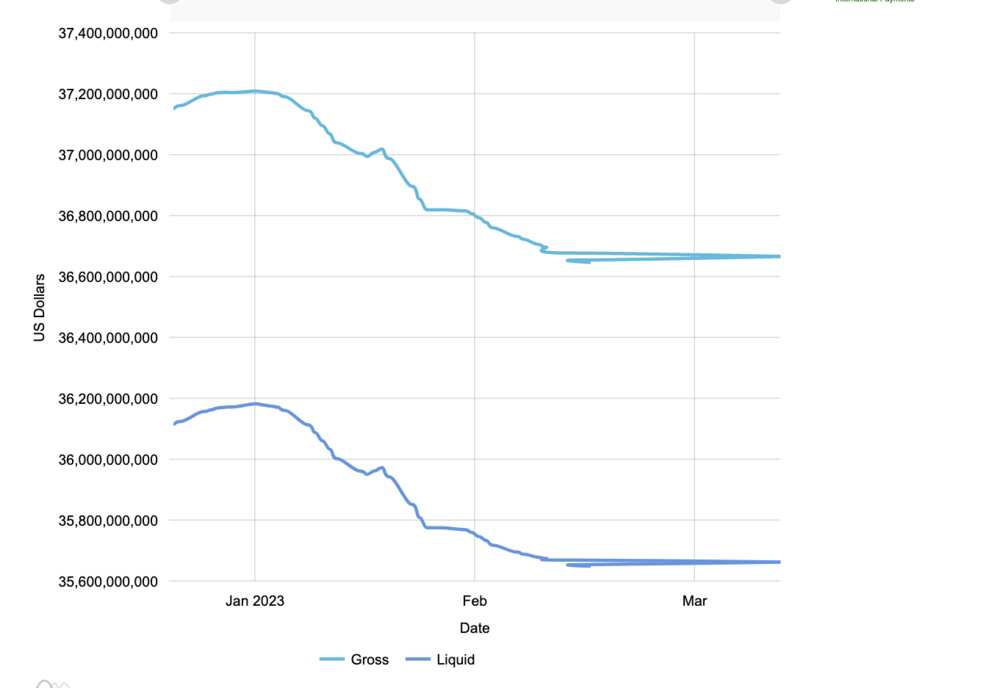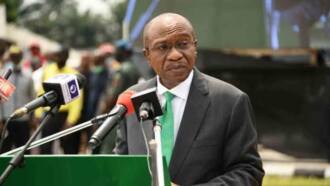Emefiele, Experts Speak As Nigeria’s Foreign Reserves Drop by $317M in February
- Nigeria's foreign reserves reduce by in the month of February, figures from the Central Bank of Nigeria
- The country's foreign reserves stood at $36.99bn as of January 31, 2023, but fell to $36.67bn as of February 27, 2023
- The reduction in reserves was attributed to increasing demand for dollars by students and importers
PAY ATTENTION: See you at Legit.ng Media Literacy Webinar! Register for free now!
The Central Bank of Nigeria has reported a decline in the country's external reserves by $317 million in February.
Data released by the CBN revealed that the reserves, which stood at $36.99 billion as of January 31, 2023, fell to $36.67 billion as of February 27, 2023.
In January, the reserves also fell by $63.62 million from $37.08 billion at the end of December 30, 2022.

Source: Facebook
Emefiele, experts speak on foreign reserves movement
During the last Monetary Policy Committee (MPC) meeting in January 2023, Governor Godwin Emefiele and other committee members had their say on the decline in external reserves, specifically in December 2022.
PAY ATTENTION: Follow us on Instagram - get the most important news directly in your favourite app!
Emefile in his statement attributed the reserves decline to exchange rate pressure intensified by high demand and slow reserves accretion.
He said:
“This reflects the exchange rate pressure accentuated by a combination of heightened demand and slow accretion to reserves.”
Also, a member of the MPC, Mike Obadan noted that external sector developments mainly relate to high exchange rates, foreign exchange market pressures.
Mike Obadan said:
“These relate mainly to high exchange rates, foreign exchange market pressures and dwindling external reserves."
While Folashodun Shonubi believes that the external reserve pressure is due to the dwindling foreign inflow amid rising demand.
He said:
“Trade and current account balances continued to be pressured by high import, even as the authority do all it can to promote export.
Nigeria's external reserves compared to other African countries
In another report, Legit.ng revealed the countries with the highest foreign reserves in Africa.
The report showed that South Africa's $57.5 billion foreign reserves as the highest in Africa using data from Trading economics.
This is followed by Algeria's foreign reserves of $55 billion as of March 2020. Namibia came in third with an impressive $46.01 billion in reserves as of September 2021.
Source: Legit.ng


